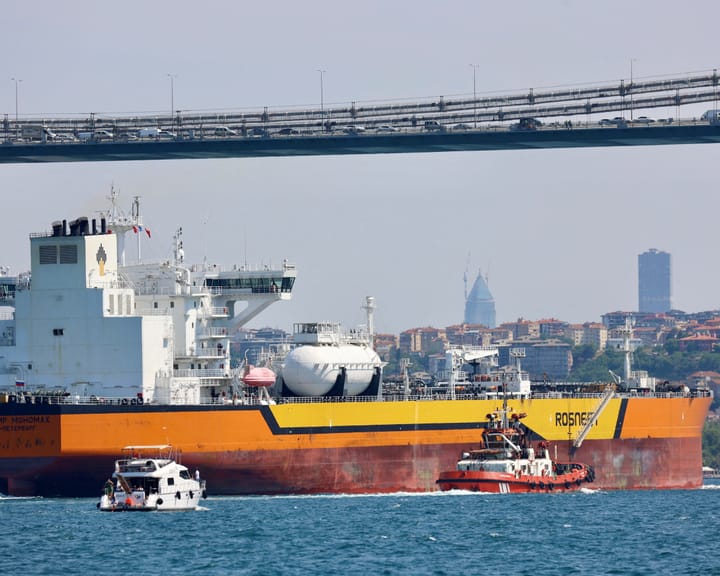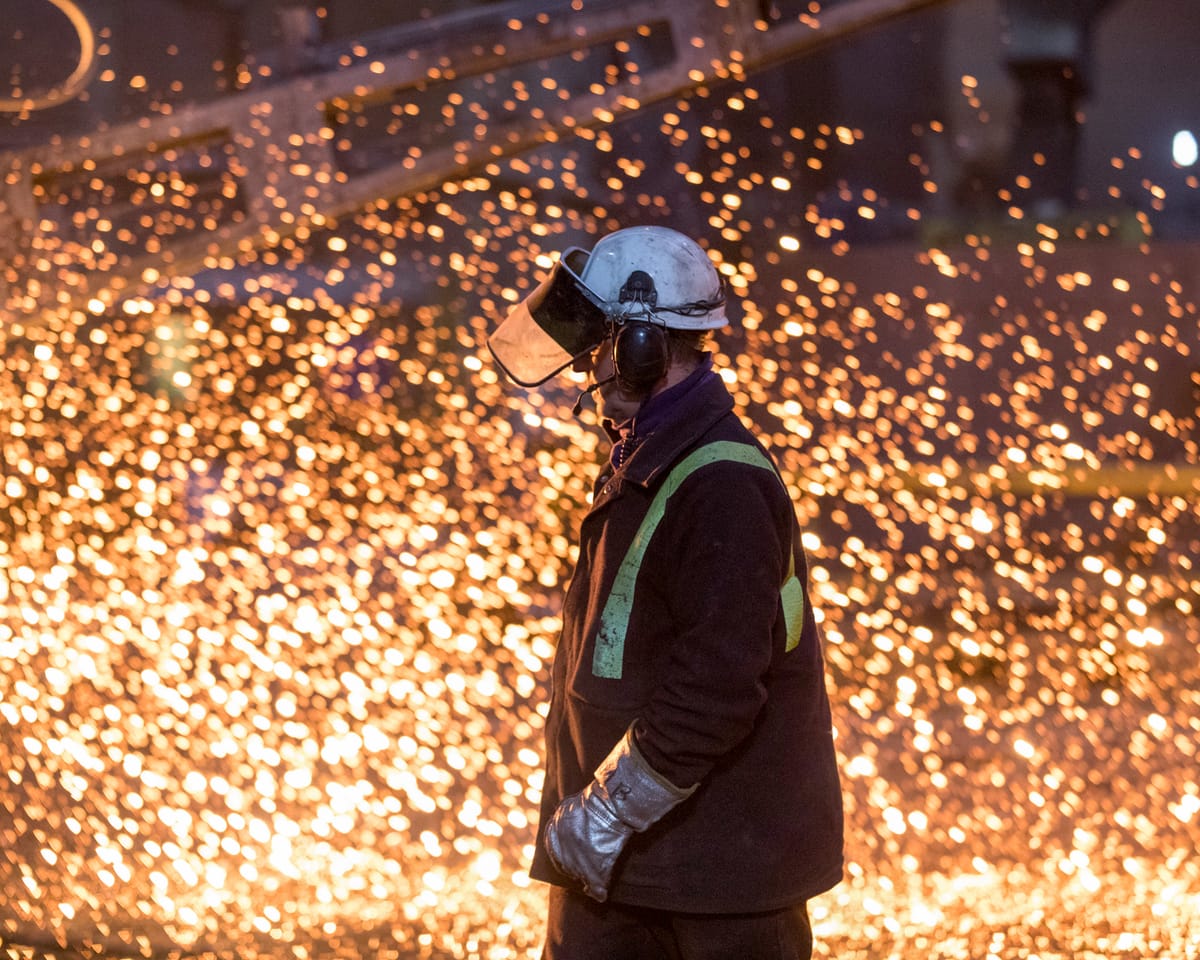EU to Impose Higher Steel Tariffs, Raising Concerns for UK Industry
The EU has decided to increase tariffs on steel imports to 50%, mirroring measures introduced by Donald Trump, a move criticized as posing a severe risk to the UK’s steel sector.
With the majority of British steel exports destined for the EU, industry representatives warn that the change could create the most severe challenge the UK steel industry has ever faced.
Under the plan submitted to the European Parliament, the European Commission also suggested reducing the existing quota for duty-free imports and requiring foreign suppliers to disclose where the steel was produced, a measure aimed at stopping Chinese exports from entering through other nations.
Officials stated that the new regulations would serve as a step forward in discussions with the US, demonstrating shared concerns regarding trade practices.
“The European steel sector was facing collapse—these measures are intended to safeguard it, allowing for reinvestment and efforts to regain competitiveness,” said the EU’s industry representative, Stéphane Séjourné, at an event in Strasbourg.
The proposed changes would replace a system that has been in place for seven years, which was set to expire in 2026 and is no longer considered effective. Failing to act could have had disastrous consequences for the industry, according to one official.
The plan is also designed to support negotiations with the US over the removal of existing tariffs, by reinforcing opposition to unfair trade practices.
However, the head of the UK Steel industry group, Gareth Stace, warned that the increased tariffs would create an unprecedented challenge for British steel producers.
He urged the government to take immediate action to protect the sector, which is still recovering from earlier tariffs imposed by the US, warning that redirected global steel supplies could be devastating. The surge in imports, he said, could risk the survival of remaining UK steel firms.
A representative from the steelworkers’ union Community described the new policy as a critical threat to the industry’s future.
Union leaders and industry figures called on Keir Starmer to begin urgent talks with the EU to negotiate specific duty-free quotas for the UK, emphasizing that the country remains the EU’s largest export market.
European industry leaders have also expressed concerns for months, warning that the combination of high export tariffs, rising energy costs, and competition from cheaper imports puts their own sector at risk of being overwhelmed.
Steel production is seen as a vital industry on both sides of the Channel, supplying essential materials for construction, infrastructure, and manufacturing.
EU officials argue that the oversupply of steel from China has become unsustainable and presents a major challenge for global markets.
Read next

"Nations weigh halting Russian oil and gas purchases as Trump sanctions take quick effect"
Donald Trump’s efforts to mediate peace in Ukraine may hinge on one critical issue: can the U.S. leader persuade nations to reduce their reliance on Russia’s energy exports?
Recently, Trump introduced sanctions against two of Russia’s biggest oil firms, Rosneft and Lukoil, aiming to weaken Moscow’

"Risks of centrist economics in a divided world"
Navigating the economic landscape as a centrist thinker is challenging in today’s politically charged environment, where every viewpoint is quickly categorized into rigid ideological positions. A sentiment often linked to Leon Trotsky applies here—centrist economists may avoid conflict, but conflict finds them regardless.
Take, for example, my 2016

"Bloomsbury head suggests AI aids writers in overcoming block"
Artificial intelligence may assist authors in overcoming creative hurdles, according to the head of the publishing company Bloomsbury.
Nigel Newton, founder and chief executive of the firm behind the *Harry Potter* series, suggested that while AI could support various creative fields, it would not replace well-known writers entirely.
"AI

